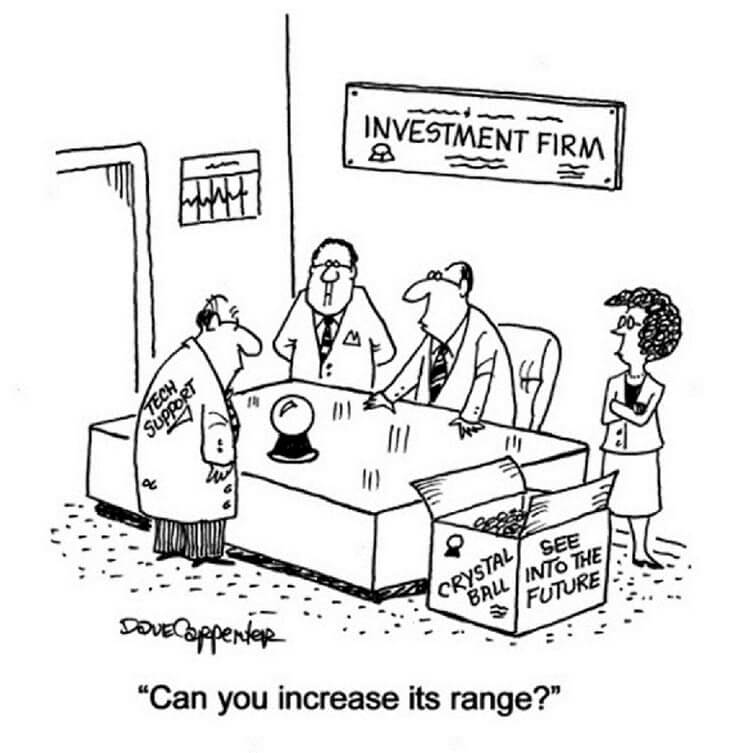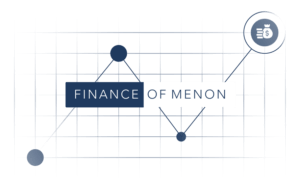When it comes to building wealth, the role of financial advisors is essential. After all, many of us are not experts in investing and neither carry spare time. The idea of having a professional manage our money seems like a sound approach. After all, if you compare a cohort of people with or without personal fitness trainer, or a financial advisor, it wouldn’t surprise you which cohort does better. But as someone who has seen both the benefits and pitfalls of financial advising, we want to share some critical insight: the majority of financial advisors might not be the allies you believe them to be. In fact, they could be the very obstacle standing between you and your financial goals.
This is a bold statement, but not something we say casually. Financial advising is a very noble practice. Yet, it’s crucial to confront this reality if we are to truly understand the nature of financial advising and how it can be life changing.
The Hidden Conflicts and Common Industry Pitfalls
At the heart of the problem is the topic conflict of interest. Most financial advisors are compensated through commissions, which means they earn money every time you make a transaction—whether it’s buying a new fund, selling an existing one, or reallocating assets. This payment structure inherently incentivizes advisors to prioritize their earnings over your financial well-being. These advisors are often employed by large banks or brokerage houses and in many cases without any care for quality or experience in advising. Instead, they just hire for Sales skill with some very clear objectives:
- Selling products that the bank, fund family or insurance companies create. Often these products are very poorly performing. Here is a case where employees sue their own company because they alleged excessive costs in the companies proprietary fund in which their retirements money was invested. Its insane!
- Profit for themselves: As we have said before, financial products are often created to incentivize noise and activity which lines up the pocket of Broker Dealers BD) and Financial Advisors. In other words, the financial services industry abhors inactivity like space abhors vacuum.
- Your financial growth: This comes in a distant third. Their goal is not to maximize your wealth, but rather to ensure you are satisfied enough to keep your money under their management while they continue to earn commissions. This approach leads to the promotion of high-turnover strategies, where your investments are constantly being shifted to generate fees, rather than being strategically positioned for long-term growth.
Investment Return ≠ Investor Return
One of the common recommendations by financial advisors is to invest in mutual funds. However, this advice often does more harm than good. Fewer than 15% of mutual funds outperform the market over a ten-year period. The reasons for this under-performance are rooted in the very structure of these funds.
- Investor Sentiment: Fund managers are pressured to maintain a steady inflow of investments. If the fund’s performance dips, even temporarily, investors may panic and withdraw their money, creating a vicious cycle of poor performance and capital flight.
- Pooled Risks = Pooled Behavior: Inevitably, fund managers of mutual funds are fundamentally disadvantaged. For example, when market is in panic and everyone is selling, fund managers make counterintuitive choices because instead of deploying capital, they are forced to provide liquidity for mass redemptions. In the same way, when markets are euphoric and fund managers want to stay in cash, they get pressured with investors pouring fresh money, leading to capital deployment at expensive valuations.
The Role of Fear in Financial Advising
Why do so many people fall into the trap? We have met so many individuals and families who have been victims of mis-selling especially in cases where insurance or annuity is involved. The answer is simple: fear and uncertainty. Investing is complex, and the prospect of navigating it alone is daunting, especially when you have to do it for at-least 20-30 years. This fear drives us to seek out “professionals” who can guide us. Unfortunately, many of these experts are more interested in their own outcomes than in helping you achieve yours.
But there’s a way to break free from this cycle and understand what a true financial ally looks like.
Here is a quick checklist:
- Fee only advisors: Fee only advisors charge fees through a financial plan or for the assets they manage. The key difference being the way they get compensated since they don’t provide commission based advise. This is very transparent model with zero conflict of interest resulting from compensation. In other words, you are not being sold institutional products that line up your advisors pockets.
- Local and Small: Large institutions do not provide personalized service and offer you cookie cutter advise. Size of the company should never equates to depth, quality or experience. Remember, Warren Buffet partnership produced astounding returns for investors by choosing to be away from wall street, and being a small and focused team.
- Litmus Test: The biggest litmus test for everything an advisor recommends to clients should be if they would take that advise to family, friends or for themselves. If the answer is no (adjusted for circumstances like risk, goals etc), you should be skeptical.
- Skeptic before Optimist: Does your advisor question everything and doesn’t take theory for answer. Does he/she clearly explain the risks of an investment product and does so conservatively? If your advisor is super excited about an investment product, they are likely selling, not advising.
- Low Transaction costs: Transaction costs eat away investable dollars and lines up the pockets of institutions, brokers and sales teams, who inherently benefit from producing more activity. We like investments which are simple and can be held for long periods of time without having to produce activity that feeds expensive transaction costs. What kind of fund choices does your advisor make?
The Big Picture and Why it Matters
If you choose to work with a financial advisor, it’s critical to find one who operates as a fiduciary. Unlike traditional advisors, fiduciaries are legally obligated to act in your best interest. They cannot recommend investments based on commissions they stand to earn. Instead, they charge flat fees or percentages only to their Clients, ensuring their compensation is aligned with your success. A fiduciary’s advice is rooted in what will genuinely benefit you, not what will pad their wallet. This alignment of interests is essential for anyone serious about building long-term wealth.
This discussion is not just about individual financial growth—it’s about addressing a systemic issue that contributes to perverse incentives. Access to sound financial advice should be a level playing field and one that should be measurable through Client success.
Image Credit: Images used are not created by Finomenon Investments, please share the source and author of the illustrator if you know to help give them credit.
Finomenon Investments is a Registered Investment Advisor in Washington. As Fee Only Advisors, we are not affiliated with any Broker Dealer (BD), Bank or Family of Funds and serve as fiduciaries to corporate managers and executives.
Disclaimer: Nothing here should be considered an investment advice. All investment carry risks, including possible loss of principal and fluctuation in value. Finomenon Investments LLC cannot guarantee future financial results.






